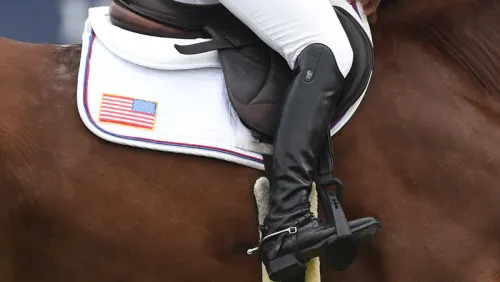Out of an 81-horse herd at the University of Connecticut, 21 horses are showing clinical signs of the equine herpes virus infection. And of those 21, five are showing neurological signs of the disease while others have fever and/or respiratory signs. So far, no horses have become recumbent and none have died.
The state Department of Agriculture and UConn are working closely to minimize the spread of the disease. Polo practice, polo games, equine events and classes that involve the herd have all been postponed, and biosecurity measures including prohibiting the transport of horses on or off the property, routine disinfection of barns and the mandatory use of footbaths and protective garments have been implemented.
“Classes at the stables have been curtailed and have been replaced by a lecture series on infectious diseases,” said Rich Veilleux, a spokesman for the school. “We are trying to treat everything as a learning experience.”
The quarantine will remain in place until three weeks after the last case of EHV has occurred and nasal swabs indicate that affected horses are no longer contagious.
ADVERTISEMENT
“All horses are being monitored closely, and the affected horses are responding to treatment,” said Mary Jane Lis, DVM, Connecticut’s state veterinarian.
“It’s going to take some time to get the horses back in regular work, but we’re doing all we can to make sure the program suffers no permanent setbacks,” insisted Veilleux.
The source of the virus that caused the UConn outbreak is not yet known and an investigation is currently underway.














